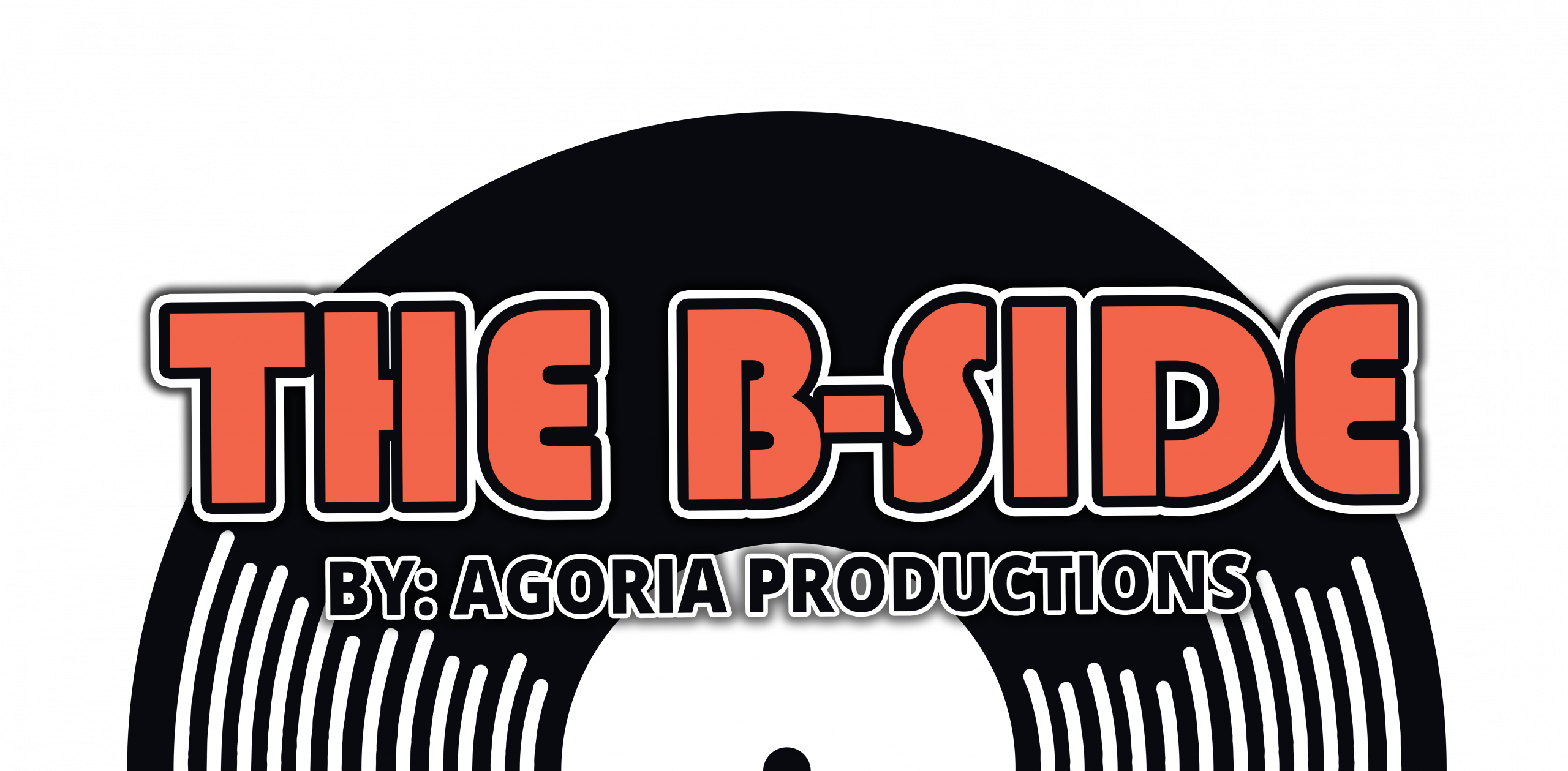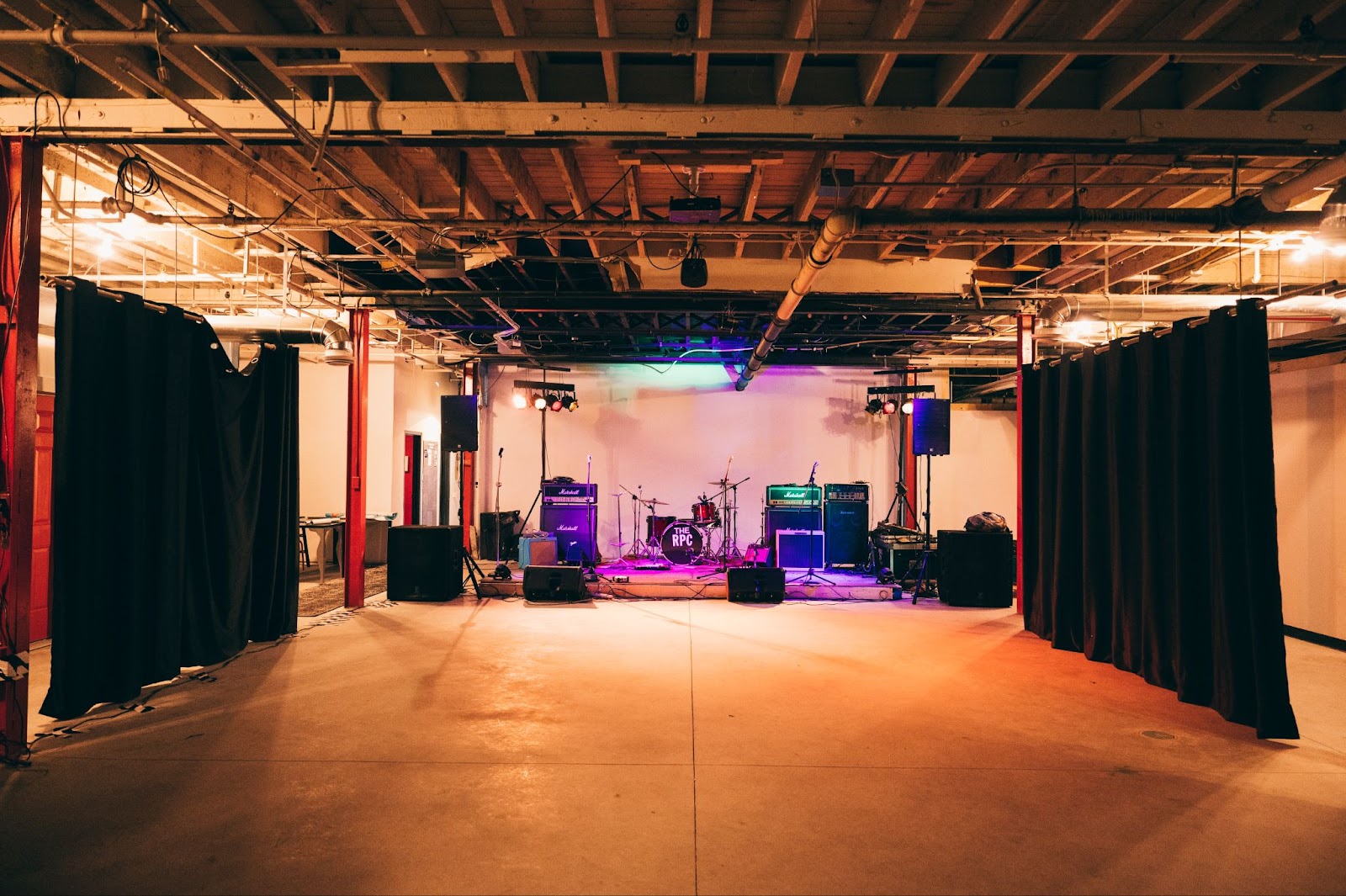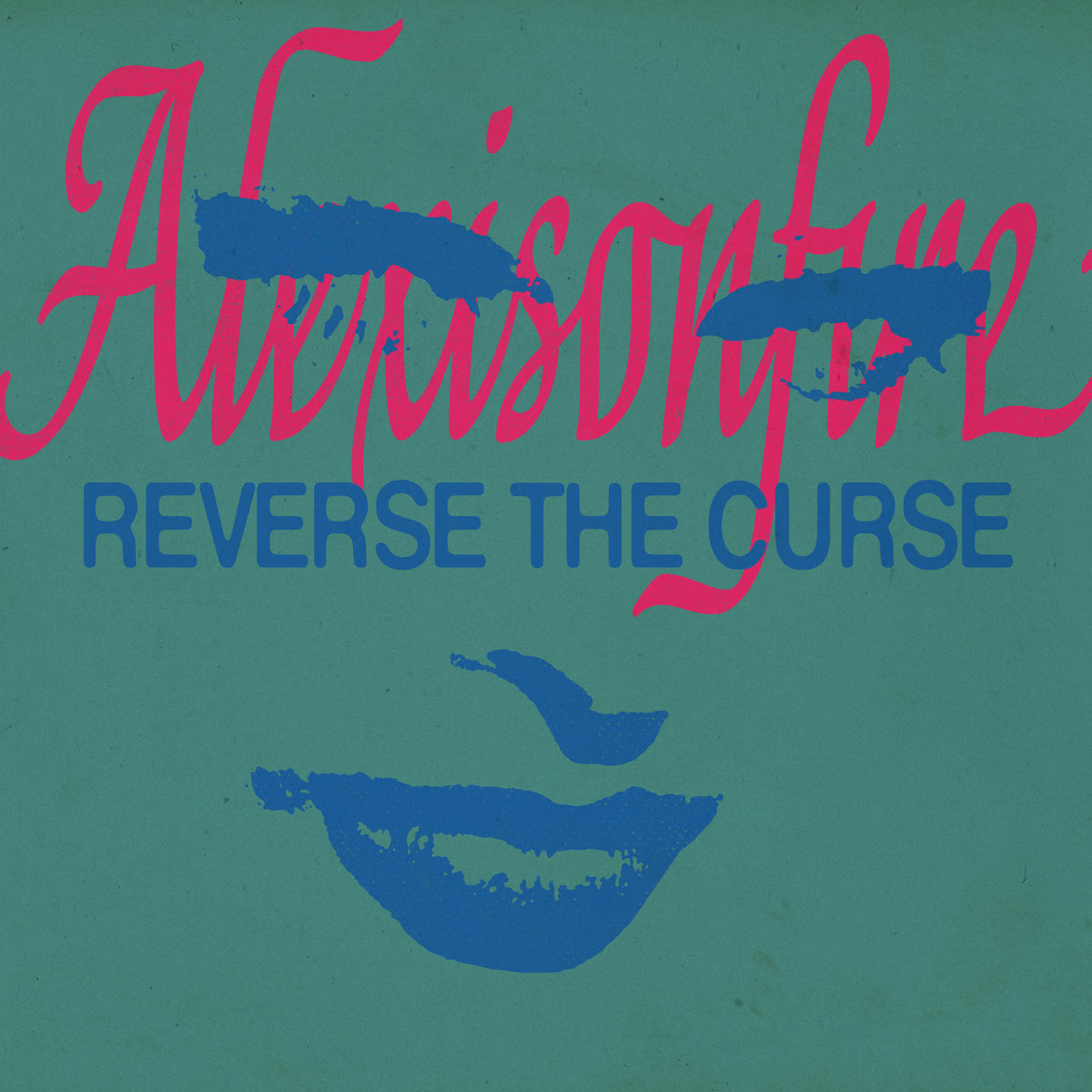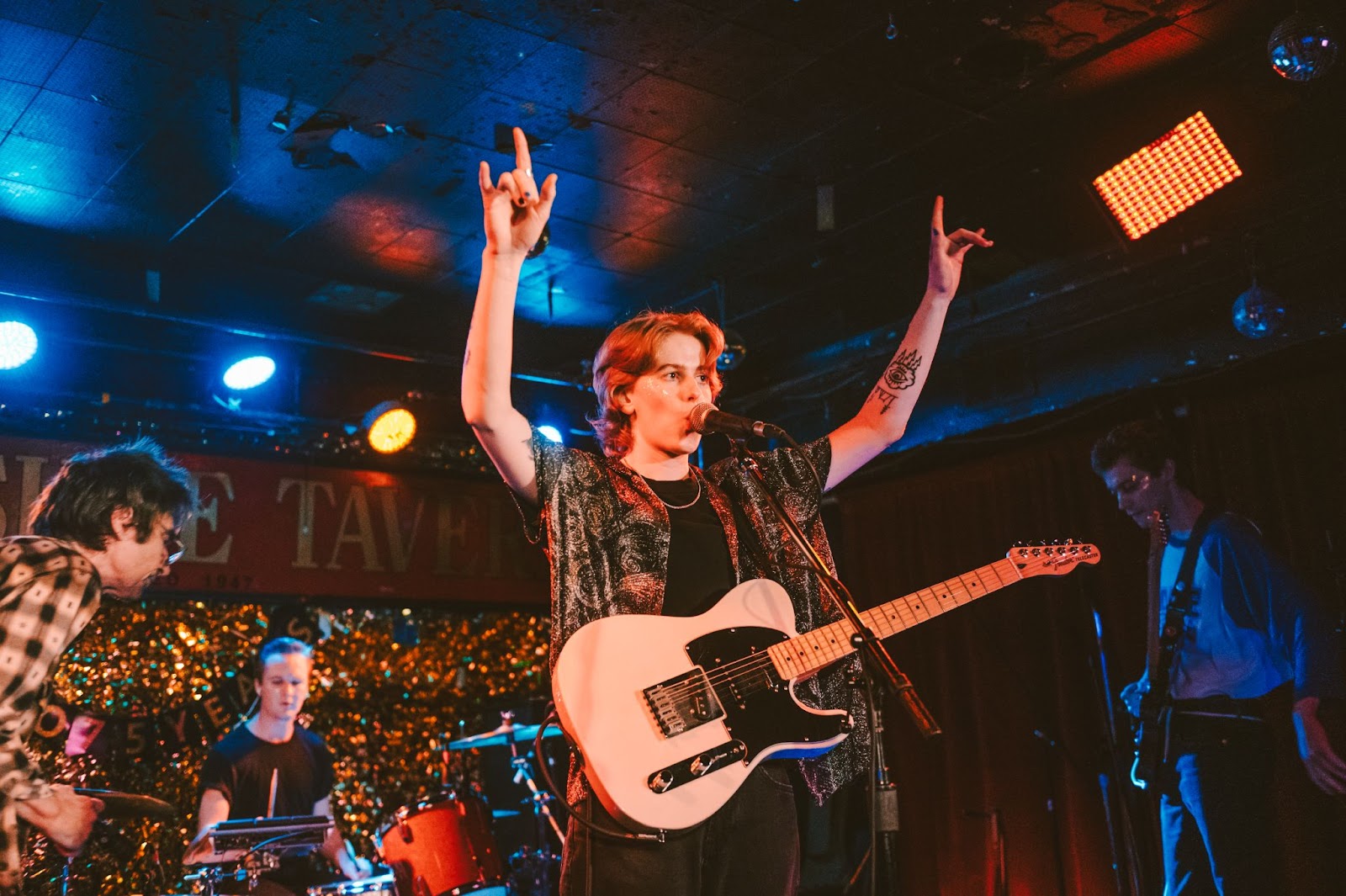A once thriving arena of talent, culture and self-expression continues to become unsustainable.
At the end of May, eight bands from across Canada gather in Toronto for May Mayhem, an independent music festival, seeking the euphoria of performing live music and an opportunity to display their passion and talent in the nation’s largest city.
The air is electric with excitement, spirits are high with triumph, the music is aggressive yet playful, but despite remarkable efforts to get this show off the ground, the turnout is unfortunate.
Independent musicians say growth has never been more difficult in a competitive and cutthroat music scene where revenue has become increasingly thin.
This sentiment continuously reverberates off the walls of the dingy garage-, which doubles as a green room, while aspiring artists begin sound check in the empty warehouse-turned-venue.
The space is empty, except for a makeshift stage built from industrial wooden skids and covered with cheap and appropriately bland grey carpeting-, which nonetheless served its purpose well.
Waiting patiently for their set to begin, Full Throttle, a London, Ont. -based, pop-punk trio, huddle together before putting another set in the books.
Brimming with a blatant performer’s confidence that feels akin to youthful ignorance, the high school-aged band say they’ve been welcomed by venues and musicians alike.
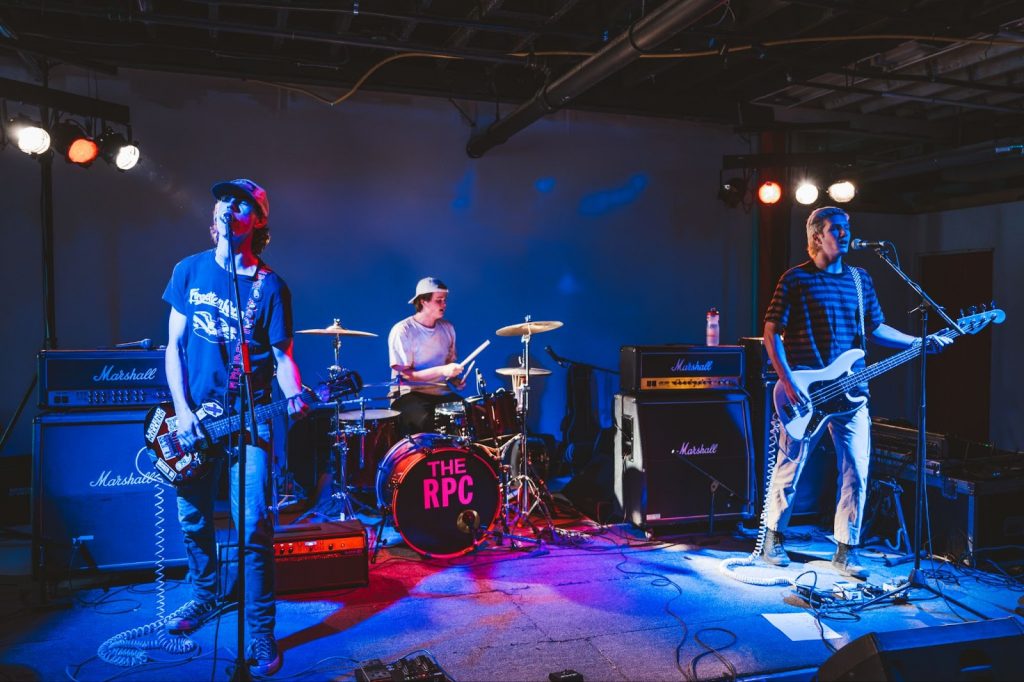
The band received their first note of success from Jim Ferreira, the venue owner of the Old East 765 in London, Ont., when he gave them a shot to perform live.
“We met [Jim Ferreira] through a few other bands we met online-, to try and get into the scene,” says Max McGill, Full Throttle’s guitarist.
“They had a show at the Old East 765, so we emailed Jim and said, ‘hey, can we hop on this bill,’ he said yeah, for sure. Jim liked us and started giving us shows on our own.”
Since then, each show has helped grow their audience in the community through help from established local venue owners like Ferreira.
“[Ferreira] was a great help, he kind of got us off our feet at the start, got us some shows and into the scene and now we’re here,” said McGill.
It’s through small venue owners like Ferreira that bands like Full Throttle can get their foot in the door to the music industry, ultimately acting as the lifeblood of up-and-coming artists. However, these venue owners face all-too-familiar struggles within the scene.
In Feb. 2022, the Old East 765 shut its doors after its owners sold the property-, much to Ferreira’s chagrin.
With one less venue in London, artists have fewer places to perform and express themselves with less opportunities to expand their identity as musicians and onstage chemistry.
Along with the Old East 765, numerous venues in the GTA have been forced to close over the past few years due to rising property taxes and building expenses following the pandemic losses, forcing them to charge more for events to be held.
Aside from a growing lack of live venues where artists are free to develop their musical identity and cohesion as an act, other bands are to blame for fostering cold environments where people are forced to tread lightly or decide to not tread at all.
Sweet Flood, a Montreal-based alternative band on the May Mayhem bill, says their hometown of Quebec is bloated with an unwelcoming aura and behaviour that drags musicians down.
The band is hell-bent on making their local scene a bit more heavenly, and they represent one of few acts that defy naysayers to ultimately spread the word of their sweet sound.
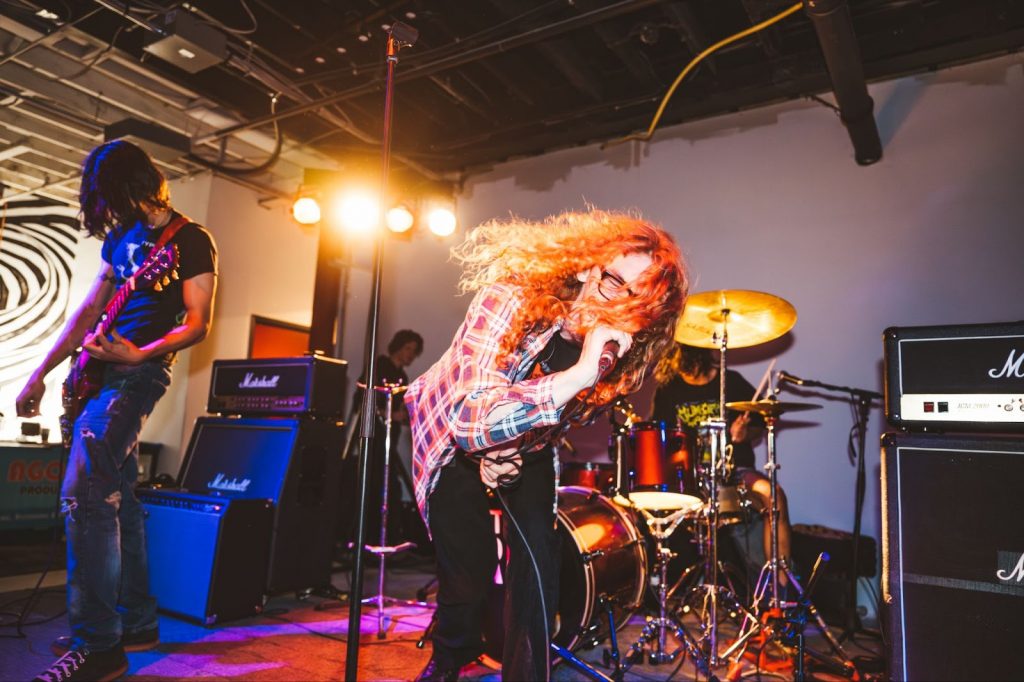
Beiss, Sweet Flood’s lead singer, says that it is very easy to feel boxed in and suffocated by fellow musicians-, even more so than restricting venues.
“The venues are great, it’s really just the toxic, competitive bullshit that’s not worth it,” said Beiss. “People get jealous easily and there’s a lot of egos at play.”
After an eight-hour car ride, with the extra costs of gas, food and an ample amount of substances, Sweet Flood preps for their first show outside of their home province. Emotions begin to stir, and passion morphs into frustration as they lament the scene that moulded them.
Matteo Burelli, Sweet Flood’s former bassist, describes how outsiders sit on the sidelines and attempt to hammer their opinions in; which he dubbed ‘backseat activism.’
“[Backseat activism] is speaking out against something that you don’t really believe in, [when] you’re just doing it for public image,” said Beiss. “There’s been countless examples of this in our local scene because people are so quick to jump at any little bitter thing they could say.”
Vera, Sweet Flood’s guitarist, says people tend to believe anything they hear that’s negative, constantly adding opinions where they do not belong.
Vera added that the band feels they “hit a ceiling,” in terms of growth within the Montreal scene.
“We’ve reached all the fans we could possibly reach and we’re playing with the same bands over and over again,” said Vera. “Everything’s been done already, so it’s very repetitive. There’s nowhere to go but up.”
In an industry flooded with desperate artists trying to ride the crest of the wave, Sweet Flood stands out for boldly attempting to drown out the negativity plaguing the scene by hosting events at Champs, a local Montreal bar. This effort gives musicians and fans an opportunity to interact while providing extra income to keep the band itself afloat.
This extra source of income allows them to stay completely independent and express complete creative freedom, rather than succumb to the whims of a controlling label in exchange for some measly ad space.
Ryan Preiano, the musical man behind May Mayhem, says venues, promoters and artists are all in equally tough spots when it comes to producing events.
The costs for these groups to keep the music playing has skyrocketed across the board. Many venues are recovering from debt accrued during the COVID-19 pandemic, forcing higher rental fees for promoters and a cut from ticket prices.
It becomes difficult for promoters to fully realize the experience they’ve set out to create when their margins are stretched thinner than an E-string. Promoters become unable to properly compensate bands, resulting in disgruntled artists who receive no paycheck to warrant their cross-country trip.
“It’s a double-edged sword, either the artists get fucked over because the money comes out of their end, or you pass all these fees on to the consumer,” said Preiano. “This means you get less people out, or people don’t want to go again because it’s so expensive.”
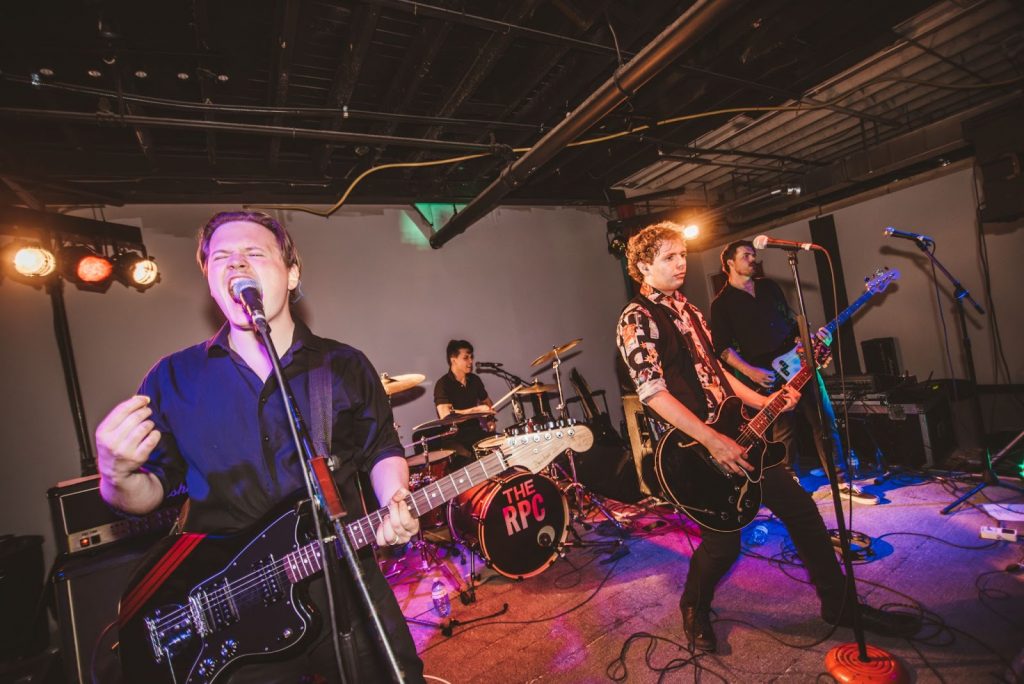
Ultimately, these practices harm the music industry and the creative act of writing and performing music.
Simply put-, people begin to care less. Venues, artists, promoters and concertgoers altogether.
“Venues don’t give a shit about artists anymore because a lot of them make their money off club nights, but it’s a catch-22,” said Preiano. “[People] don’t want to go to concerts because bands aren’t putting the work in like they used to.”
In 2022, the federal government allocated $50 million to compensate arts, culture and heritage organizations for losses sustained during COVID-19.
Although $14 million of that budget was given to the Canadian Music Fund to support venues, promoters and producers, monetary issues still plague the Toronto music scene, and little progress has been made in supporting sustainable growth for venues and musicians.
“The government needs to stop saying they care and actually do something, because there’s a huge divide between small artists and artists that play venues like History,” said Preiano.
“There are these huge artists getting money, Grimes got a grant over COVID. I was like why the fuck is Grimes getting a Government of Canada grant, she’s not even living in the fucking country.”
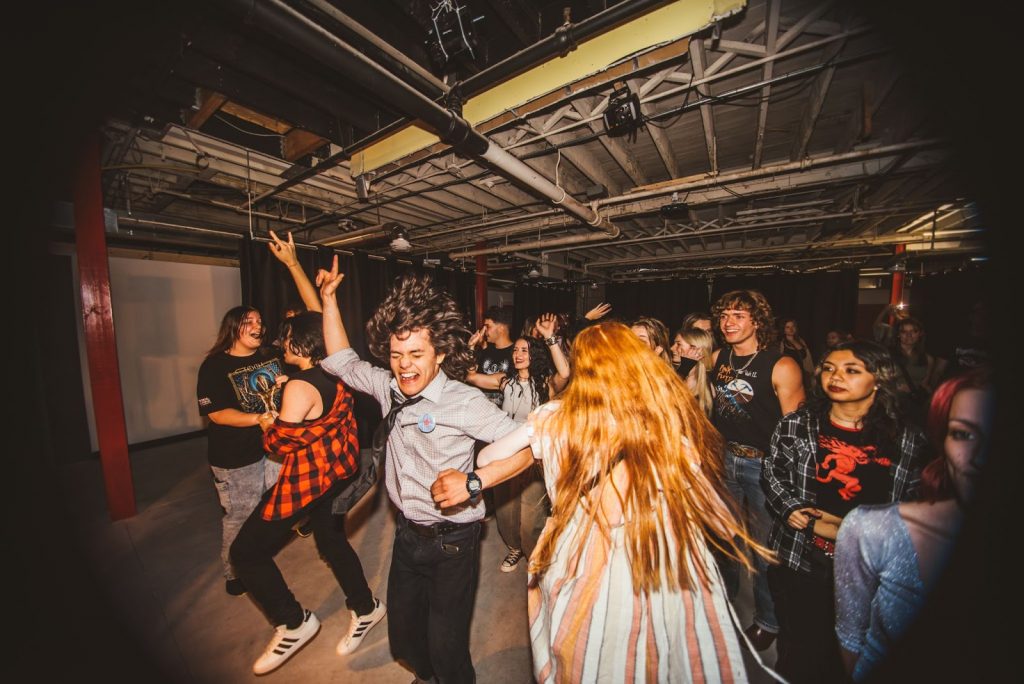
If the music industry is to flourish and grow, there must be ample support in place to allow bands to foster identity and creativity. Additionally, venues need to be supported to provide musicians with arenas to showcase and develop their talents without hurting the consumer-, the reason these shows can exist.
In an industry that was unplugged for two years, the very people that make live performances possible are simultaneously the ones blanketing the amps and suffocating the sounds.
Though festivals like May Mayhem celebrate artists and provide them with new opportunities to expand their reach, profits are still heart-crushingly low when factoring in cuts for the venue, promoters, technicians, media and musicians.
Despite the expanding desire to see live shows among the public, a career as a musician is becoming increasingly less sustainable and more difficult in an industry that is bringing itself to its end.
Lucas Bustinski for The B-Side.
